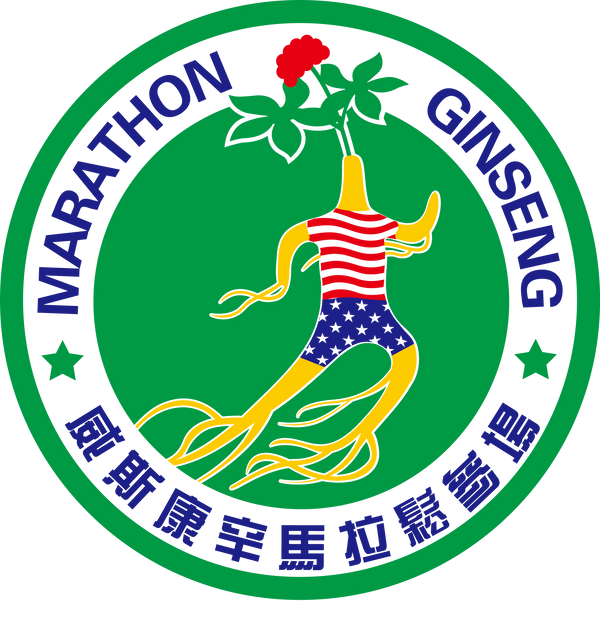When you decide to invest or purchase wild American ginseng, the Rule of Thumb is “Do not buy it if you do not see the full root-neck with more than 5 scars (no less than five years old)!” Cultivated ginseng usually has less than 5 scars. Wild ginseng has to be at least five years old before harvest.
To sell genuine Wisconsin wild ginseng, licensed dealers in Wisconsin are required to issue the following documents:
A. Wild Ginseng sale receipt.
B. Certificate of Origin from WISCONSIN, along with a signed document from the dealer stating the quantity and Certificate number.
C. For export, an original CITES document signed by the USDA port inspector in Milwaukee WI.
Here is how you count the scars of the root-neck. The picture is exclusively provided for consumer reference.
 Credit:Pennsylvania DNR
Credit:Pennsylvania DNR
American Wild Ginseng Exported to China for Nearly 300 Years. Due to inadequate early protection, American ginseng was declared an endangered species by 1975, leading to strict licensed harvesting policies across states:
- Harvesting is only allowed after the seeds mature in autumn, and the seeds must be planted on-site.
- Collecting in federal and state government-owned forests is strictly prohibited.
- Harvesting is not allowed for ginseng below five or ten years old.
- Interstate transactions require forest police to issue origin certificates and can only be conducted through registered brokers.
- Exporting to China requires CITES export certificates issued by the U.S. Department of Agriculture.
Asian, especially Chinese consumers, can purchase genuine American wild ginseng thanks to the vastness of the United States and effective protection measures over the past forty years. The soil and climate of Wisconsin are similar to Korea and Northeast China, resulting in better quality wild ginseng than the major southern temperate regions of the U.S., such as Kentucky and Tennessee. However, unlike cultivated ginseng, Wisconsin wild ginseng accounts for only 5% of the national production, making it a rarity that only fortunate collectors can obtain.
Things to note when collecting wild ginseng:
- Do not buy without state government-issued origin certificates.
- Do not buy without records of wild ginseng sales.
- Do not buy ginseng without roots, as it is difficult to determine age and authenticity.
- Do not buy if there is no CITES export certificate for overseas exports.
Now, please follow the experienced American ginseng hunters and Dr. Jiang to experience the joy of searching for wild ginseng in the mountains. Watch the documentary "Ginseng: A Legend" on China Central Television (CCTV) program (26-32 minutes)."
